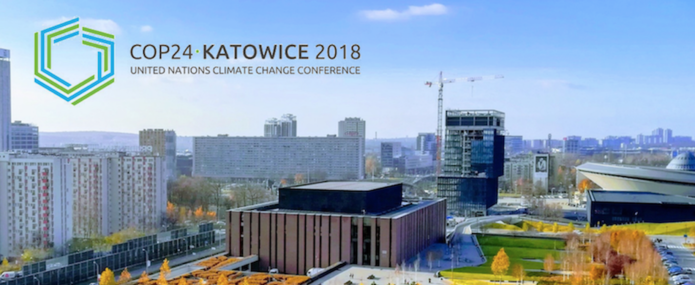Yann Briand is invited to participate to a panel discussion around "Is “system transitions” consistent with 1.5℃ Global Warming possible?". This will be the opportunity to give more details about the passenger and freight scenarios currently in development in the Mobility Decarbonization Pathways project (DDP Transport).
Organiser: Institute for global environmental strategies (IGES)
In October 2018, the Summary for Policymakers of “an IPCC special report on the impacts of global warming of 1.5℃ above pre-industrial levels and related global greenhouse gas emission pathways, in the context of strengthening the global response to the threat of climate change, sustainable development, and efforts to eradicate poverty” was accepted by the 48th Session of the IPCC. This Summary for Policymakers states in C2 that “Pathways limiting global warming to 1.5℃ with no or limited overshoot would require rapid and far-reaching transitions in energy, land, urban and infrastructure (including transport and buildings), and industrial systems”, with high confidence. This side-event will have a keynote speech on the special report on global warming of 1.5℃ followed by brief introductions of on-going transition research and actions in various fields, and discuss the stated “system transitions” are possible.
Programme
-
Opening and framing presentation (Dr. Mikiko Kainuma, IGES)
-
Overview of the IPCC special report on global warming of 1.5℃ (Prof. Jim Skea, Co-Chair, IPCC WGIII)
-
Transition of energy intensive processing industries: How do we deal with the hard core of GHG emissions? (Dr. Stefan Lechtenböhmer, Wuppertal Institute for Climate, Environment and Energy)
-
Panel discussion with:
-
Dr. Sergio la Motta, Italian National Agency for New Technologies, Energy and Sustainable Economic Development (ENEA);
-
Mr. Yann Briand, Institute for Sustainable Development and International Relations (IDDRI);
-
Prof. Jim Skea, Co-Chair, IPCC WGIII;
-
Dr. Stefan Lechtenböhmer, Wuppertal Institute for Climate, Environment and Energy (WI);
-
Dr. Mikiko Kainuma, IGES


